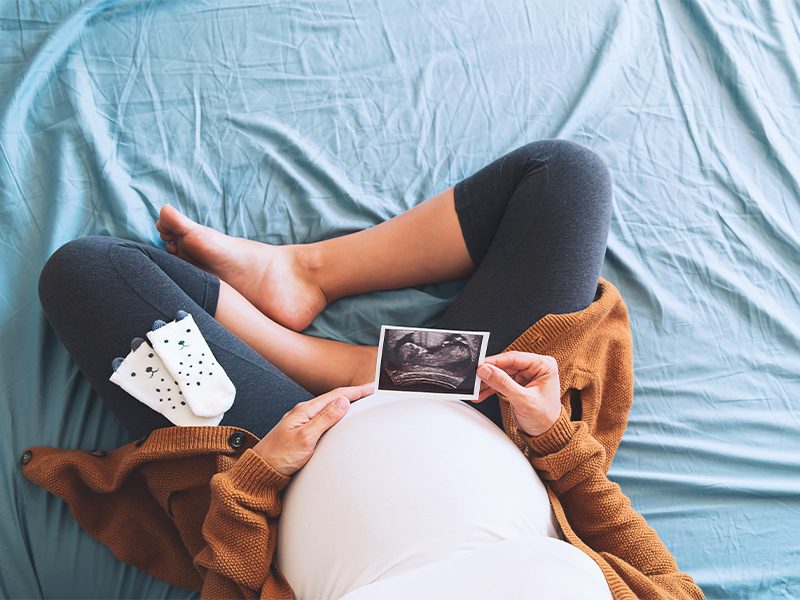While it’s fabulous to get good advice as a mum-to-be, sometimes it can be a case of information overload – you can end up losing sight of the facts when everyone has a theory to share about being pregnant. We asked the team from Matilda International Hospital Hong Kong to clear up a handful of common pregnancy myths.
“I need to ‘prepare’ my breasts for breastfeeding”
No physical preparation is needed to begin breastfeeding your new baby. Breastfeeding is natural; the body prepares to produce milk naturally after you are pregnant.
The only thing you need to do is to believe in yourself, and have the determination to breastfeed your child, as it can be a challenge for any new mum.
Having lots of skin-to-skin contact with your baby after birth is a key element and keeping your baby close to you as much as possible is a good way of ensuring success!
– Joyce Li, Lactation Consultant
“I shouldn’t exercise at all during my pregnancy”
During the second trimester, mothers can do gentle stretching and some core muscle training under the supervision of a physiotherapist. More specifically, it’s a good idea to focus on pelvic floor (kegal) exercises.
When it comes to the third and final trimester of a pregnancy, to help you prepare and practice for childbirth, mothers should work more on breathing and relaxing exercises. Stretching of the inner thigh area can also help to facilitate normal delivery.
You might find that pregnancy leads to the experience of slight back pain at some stage, so – again, under supervision of a physiotherapist – mums may also work on postures and exercises that help to strengthen the spinal muscles and increase flexibility.
– Norma Ngai, Physiotherapist
“It’s fine to have one or two glasses of wine occasionally during pregnancy”
During pregnancy, the safest option is not to consume any alcohol at all – even if you only think you may be pregnant but haven’t had it confirmed yet. There is no proven “safe level” or amount of alcohol a woman can drink during pregnancy. And we know that alcohol can pass through the placenta to the foetus, which can increase the chance of premature labour, stillbirth and miscarriage, and affect the growth of the foetus and the development of the brain.
In more serious cases, alcohol use can result in Foetal Alcohol Syndrome (FAS), which causes severe physical and mental disability in babies. – Karen Chong, Dietitian
Each situation varies, and everyone has a different body condition. It’s always good to seek advice from your obstetrician if you have concerns about any issues relating to your pregnancy.
- Matilda International Hospital: 41 Mount Kellett Road, The Peak, Hong Kong
- Matilda Medical Centre: 3/F, Prosperity Tower, 39 Queen’s Road Central, Central, Hong Kong
matilda.org/en/services-facilities/maternity
This article first appeared in the Spring 2023 issue of Expat Living magazine. Subscribe now so you never miss an issue.






